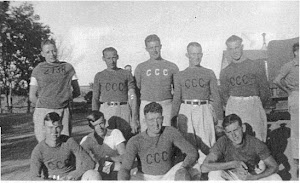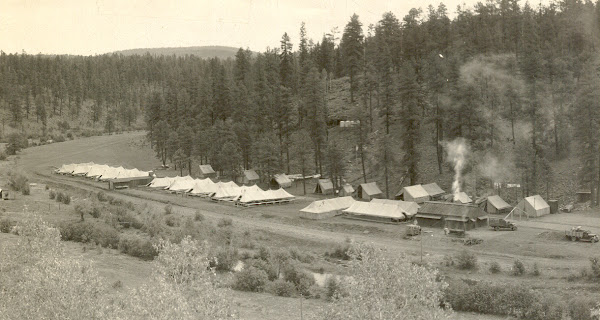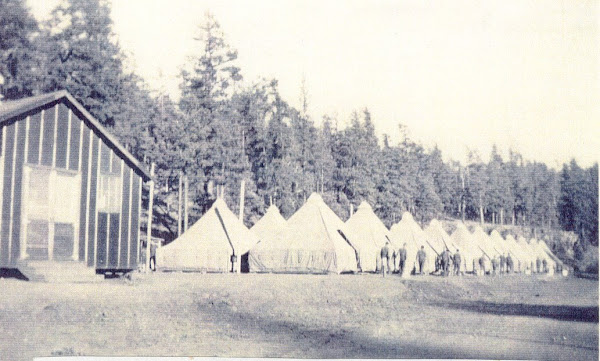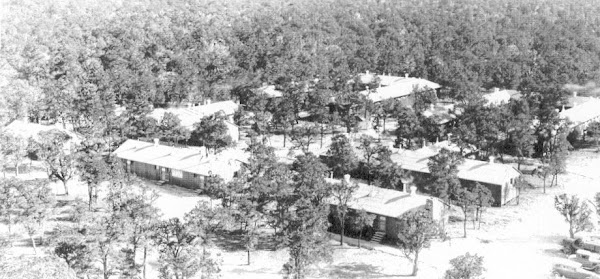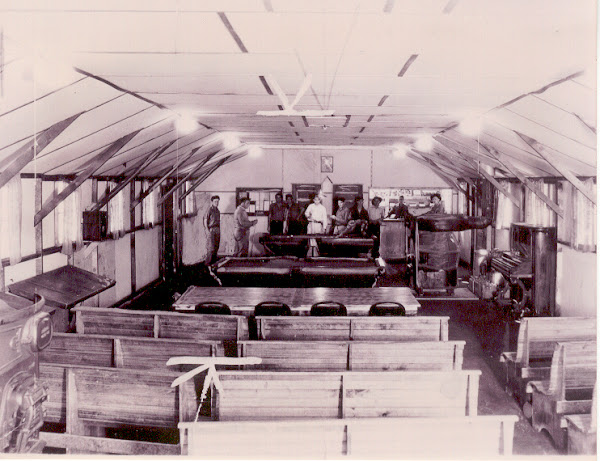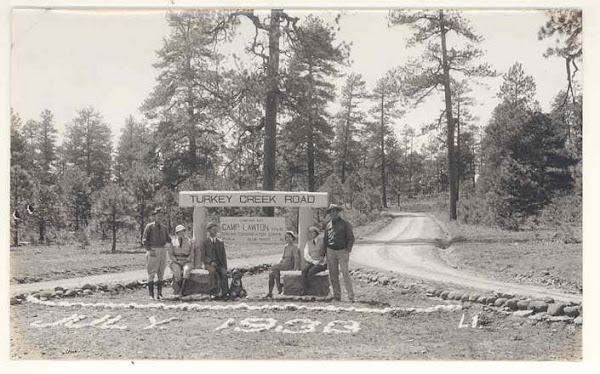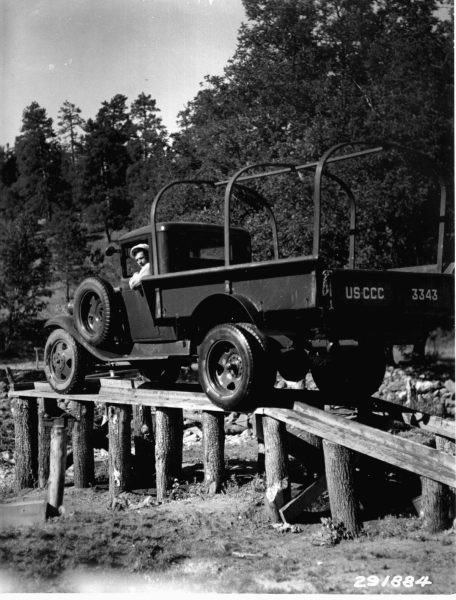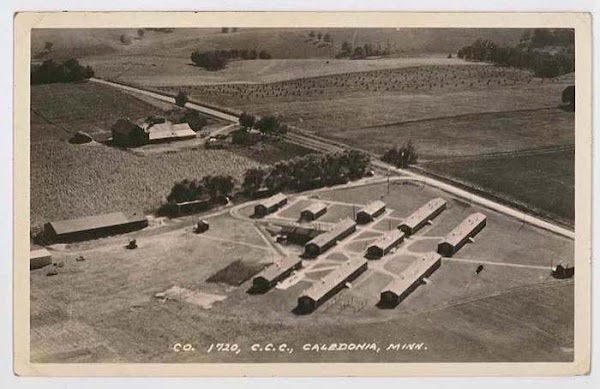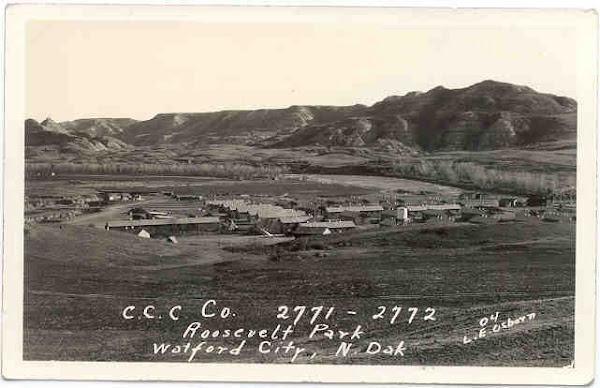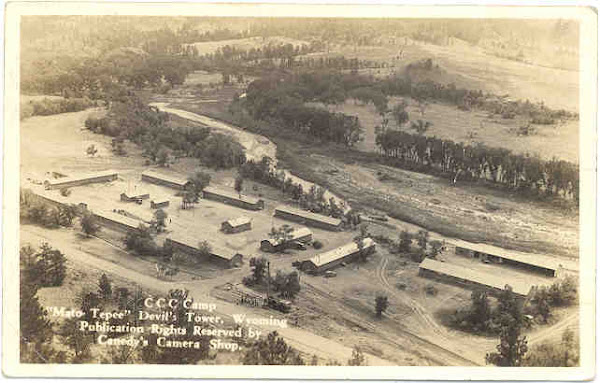Will we understand the
value of our history only after we have lost it?
In addition to helping
folks find information about the Civilian Conservation Corps, another critical
component to this thing we call CCC “resources” is the preservation of endangered
items and bits of information. Clearly a
resource is of no use if it’s wasted, lost, destroyed or hidden away so deep in
an archive vault that the average person cannot access it.
I was recently contacted
by the folks at Appalshop Archive in Whitesburg, Kentucky. It seems there is silent film footage shot at
Camp SP-10-K near Pineville, Kentucky in 1938 that is in need of
preservation. For the sake of getting
the word out quickly, I’ve pulled a quote directly from their fundraising site:
“In 2008 the Appalshop
Archive received the donation of a 1938 16mm silent b/w film documenting the
CCC camp in Pine Mountain State Park near the coal mining community of
Pineville, KY. It was made by Park
superintendent and CCC supervisor Carl Zody.
Camp SP-10 men are seen constructing roads and bridges, operating
vehicles, and cutting native sandstone for the Laurel Cove amphitheater (which
is still a local landmark central to the town’s annual Kentucky Mountain Laurel
Festival). The at-risk film is the most
extensive known moving image materials of CCC activity in Pineville. It is also unique in that it was made by a
Park employee rather than by the U.S. Department of the Interior, whose films
were intended to promote the program to the public.”
I think the critical
thing to consider in this case is that the effort is to raise funds in order to
preserve and exhibit this rare piece
of film history. Preservation of CCC history will insure that items are kept safe
but possibly never seen. Exhibition of CCC history brings the CCC
story to thousands but risks damage to the items being exhibited. The folks at Appalshop Archive are working to
do both and they need the public’s help to make that happen.
Again, because Appalshop
is working to meet a fundraising deadline, I’ve chosen to pull the contact
information directly from their website in order to get this piece posted as
soon as possible. Here is how you can
help:
“To donate by credit card
go to the Contribute Now button at the top right of this page (http://www.indiegogo.com/projects/appalachia-coal-camps-home-movies-and-the-ccc?c=activity). If you would prefer to make your
tax-deductible contribution by check, just make it payable to APPALSHOP, INC.
and mail to: Appalshop Archive, 91 Madison Ave, Whitesburg, KY, 41858.”
There are premiums
offered based on the level of contribution you make – call it a “perk” or an
incentive – but there is also a deadline for the current fundraising effort. To view the fundraising web page and to see
the range of incentives being offered, visit the website here (scroll down the
page to view the section on the Pineville CCC film): http://www.indiegogo.com/projects/appalachia-coal-camps-home-movies-and-the-ccc?c=activity
Think of it this way: Somewhere, there are people searching for
information about a family member or a loved one who worked in a CCC camp in
Kentucky. Wouldn’t you feel great if you
knew that you’d helped make it easier for those folks to perhaps catch a
glimpse of their CCC boy on film? That
should be incentive enough.
For a history of the CCC in
Kentucky, see Connie M. Huddleston’s book Kentucky’s
Civilian Conservation Corps, 2009, The History Press.
(Header illustration:
Edited detail from the CCC Company photo, Camden, Maine. Courtesy of John McLeod.)


